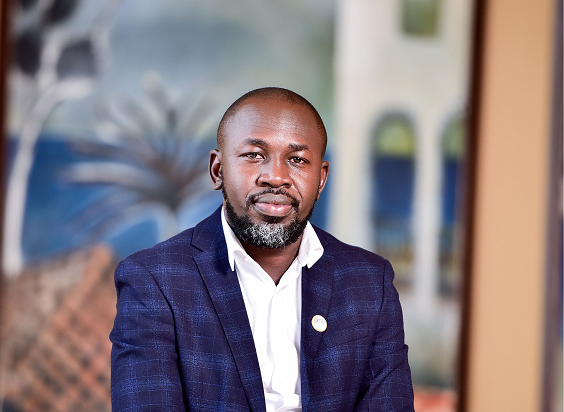The Governor Bank of Uganda, Emmanuel Tumusiime- Mutebile, has told distressed banks he did not name to stop wasting time begging for bailout, warning that that such move would be “extremely dangerous”.
He made the remarks Tuesday at the second Uganda Bankers’ Association Annual Bankers’ Conference at the Kampala Serena Hotel.
The theme of the conference was Financial Sector Stability: Managing Risk in a Fast Growing and Fast Changing Environment.
Mutebile said BoU has no obligation to bail out any distressed bank because the central bank’s role is to protect depositors of the commercial banks and not the shareholders.
“The BoU has no obligation to bail out a distressed bank by providing it with liquidity support, in the hope that it will somehow be restored to financial health. Such an option would be extremely dangerous. It would allow the distressed bank to continue being mismanaged in the same manner that caused it to become distressed, thereby incurring further losses at the taxpayers’ expense. It would also send a signal to all participants in the financial markets that mismanagement carries no consequences for the owners and managers of banks,” he added.
Explaining the controversial sale of Crane Bank to dfcu Bank, Mutebile said that BoU had taken over the bank after an inventory of its assets and liabilities was carried out by a reputable accounting firm.
Although the matter is in court, the governor said the Crane Bank inventory found that the bank was massively insolvent, with core capital of negative Shs240bn as a result of mismanagement.
However, BoU has been accused of writing off Shs650b as bad loans, which had security, and created negative capital.
In his counter suit against BoU, former Crane Bank owner Sudhir Ruparelia, however, blamed the bank’s problems on the weak economy and that when the case comes up for hearing, he will adduce evidence to prove he did not defraud the bank for his personal gain.
“The notion that this bank could have been rehabilitated by its owners – the same people who were responsible for its failure – if only the BoU had provided more liquidity support and allowed the owners to remain in control, is not tenable,” Mutebile said.
Mutebile said since 2010, the BoU has intervened in five banks, closing three of them and taking two others into temporary statutory management, adding that in none of these cases did depositors lose their money, nor was there any danger caused to the stability of the financial system.
Enter dfcu
Mutebile’s remarks come at a time when reports claim that dfcu bank is in a liquidity crisis. Sources say dfcu last week held a crisis with Uganda over the matter.
Liquidity in banking is crucial because it is the cash the bank holds at a time.
It is this cash that a bank uses to meet its obligations to its clients such as; giving loans and making other payments/transactions necessary for the day to day to day running of its activities.
Apparently, dfcu pleaded with Bank of Uganda to put a lien on its treasury bills and help them borrow money.
A lien is a form of security interest granted over an item or property to secure payment of a debt or performance of other obligations. However, BoU refused, noting that they the bank was overexposed and had reached the inter-bank borrowing limit.
Efforts to get a comment about the reported and dfcu’s financial status have been futile since last week. However, an industry source told this site that there are about four distressed banks currently.
In a recent statement, dfcu said it was sound and strong.
The Daily Monitor reports that the Executive Director of Uganda Bankers Association, Wilbrod Humphreys Owor, said there is no liquidity problem at dfcu Bank.
“Dfcu Bank has liquidity of more than Shs1.2 trillion in instruments, cash in banks treasury bills and lending to other banks; Dfcu bank also has more than Shs400b in tier one capital, have credible shareholders comprising Arise company, which has 59 per cent, Rabol Bank and FMO, all these institutions are triple AAA rated financial institutions, so dfcu cannot be in a liquidity problem,” he said.






